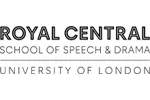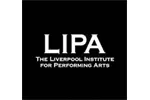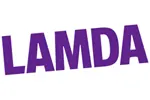MA Acting Classical at Central is a creatively, physically and intellectually demanding, advanced-level conservatoire acting programme. It is designed primarily for students with previous training or performance experience who wish to focus intensively on plays from the European classical repertoire.
- Perform in two professionally supported public productions and an industry showcase
- Hone the individual technical craft of the actor, and release your collaborative and imaginative creativity within a small and diverse ensemble company (typically 14-16 students)
- Learn through practical group classes in acting, movement, voice and stage combat; seminars on theatre history, dramatic theory and research skills; and individual tutorials and feedback panels.
The Classical training follows the development of the theatrical art from its earliest ritual and political roots to the birth of psychological naturalism:
> Greek Tragedy, Chorus and the Mask
> Clowning and Commedia dell’arte
> Shakespeare and early modern English drama
> Stanislavsky, the Method, Realism and Expressionism.
The structure of the course draws on the hugely influential theories of the great French acting teacher Michel Saint-Denis, training the expressive body, voice and imagination. Methodologies are drawn from a range of European and other theatrical thinkers: from Stanislavsky and his inheritors Vakhtangov, Demidov, Adler, Hagen, Meisner and Strasberg; from the physical theatre, improvisation and mask work of Lecoq and Johnstone; from the psycho-physical expressionism of Laban and Meyerhold; from the post-Brechtian and post-Grotowskian experimental traditions; and from radical contemporary dramaturgical practices. Working with some of the greatest dramatic texts ever written, you are asked to consider what they mean now, and how their 21st century reinterpretation and re-imagining still holds a ‘mirror up to nature’.
You are encouraged to understand the demands of both art and craft as participants in the European theatrical tradition; and to envision the recreation and reimagining of that tradition for the future. The course rests on three structural pillars, three key moments of dramatic innovation and social transition, encountered in chronological order: Greek theatre, early modern English theatre, and 19th/20th century Russian and European theatre.





